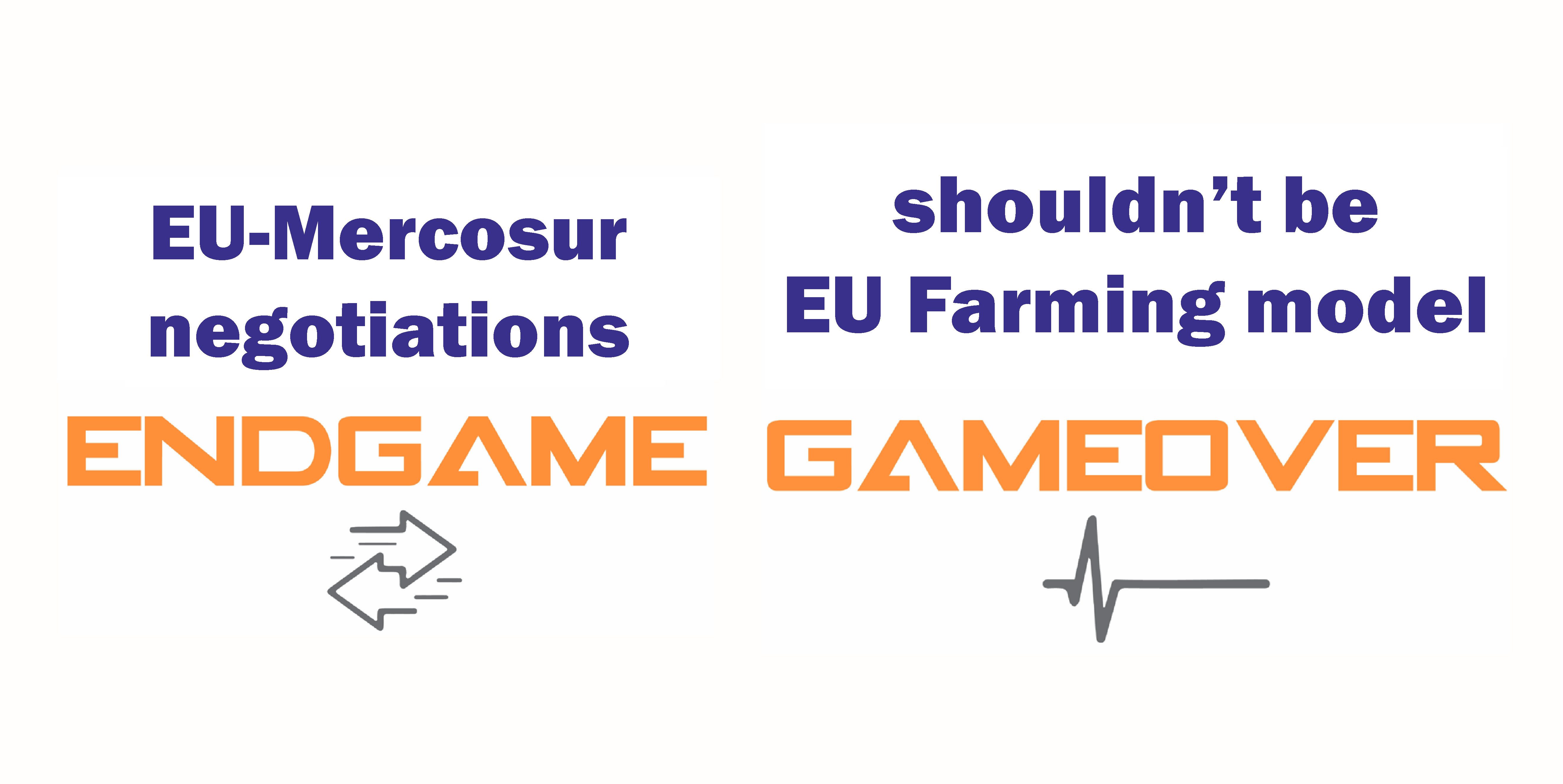

News
In order to streamline the monitoring of the impacts of the COVID-19 crisis on the EU sugar and ethanol markets, CIBE is establishing a regular short market report.
Here the newest update:
In order to streamline the monitoring of the impacts of the COVID-19 crisis on the EU sugar and ethanol markets, CIBE is establishing a regular short market report.
On Friday 20 March 2020 CIBE and CEFS have sent a joint letter to Commissioner Wojciechowski.
Good practices and innovative developments to prepare for the ambitious objectives set in the Green Deal and upcoming Farm-to-Fork Strategy.
The CIBE Team wishes you a Restful Holiday Season and a Happy New Year!
Sustainable Development Goals, New EU Green Deal, EU Farm to Fork and the EU CAP reform. Have a look at our challenges and contributions.
MERCOSUR: EU offers its biggest ever concession on sugar in the context of a free trade agreement, as the sector remains mired in crisis.

European beet growers are deeply concerned it could fall short of expectations and strongly fear additional concessions to Mercosur
CIBE is recruiting an Office and Communication Coordinator for its team in Brussels.